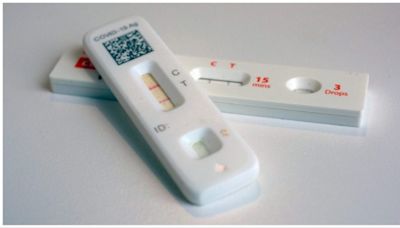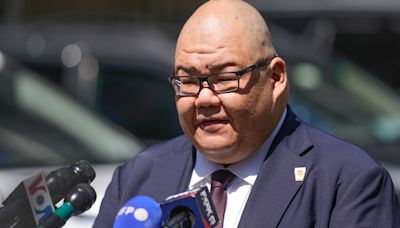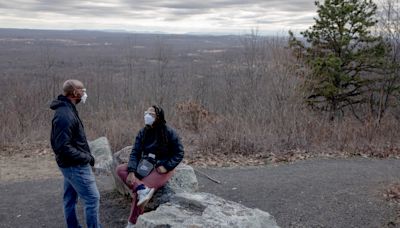Ad
related to: how long does covid last once you get itThe Latest COVID-19 Facts, News & Possible Answers To Frequently Asked Questions. Updated Coronavirus Information About Recommendations, Resources, And Latest Studies.
Search results
Feb 13, 2024 · Active COVID-19 infections can feature 20 symptoms or more during the infection, and symptoms may change or come and go throughout the recovery period. One study found that post-acute COVID symptoms ranged anywhere from two weeks to 100 days. It is unclear exactly how long post-COVID syndrome can last.
Jan 3, 2023 · Most people who get COVID-19 will have mild illness. But it’ll still take time to recover. Learn more recovery and tips for feeling better after COVID-19.
- How Long Does It Take to Recover?
- How Long Will You Test Positive?
- When Is It Safe to Be Around Others?
- When to Call A Healthcare Provider
- A Quick Review
The COVID-19 recovery period depends on the severity of the illness. You can expect to recover within 10 days to two weeks if you have mild COVID-19 symptoms. It may take months to feel better for more severe cases.Some people with severe symptoms may require hospitalization. Older adults and people with severe underlying health conditions, like di...
You may be contagious if you feel better but test positive within 10 days after your symptoms start. In that case, continue wearing a high-quality mask. Wait 48 hours, then take another test. The CDC advises wearing a high-quality mask if you do not take another test within 10 days. You may end your isolation after five days if you had mild COVID-1...
You can be around others safely after a five-day isolationif your symptoms improve and you are fever-free for 24 hours without a fever-reducing medicine. The CDC advises wearing a high-quality mask around others if exposed to COVID-19, regardless of whether you are vaccinated. The CDC suggests getting tested five full days after exposure.You do not...
Consider consulting a healthcare provider if you develop COVID-19 symptoms, think you may develop a worsening illness, or have a high risk of developing severe COVID-19.They can prescribe an antiviral, Paxlovid (nirmatrelvir/ritonavir). Paxlovid helps prevent severe symptoms if taken within five days of symptom onset. People who have a high risk of...
Mild COVID-19 symptoms usually subside within 10 days to two weeks.You can end your isolation period after 10 days if you feel better and are fever-free for 24 hours without a fever-reducing medicine. In contrast, it may take months to feel better for more severe cases. Some people develop long-COVID, or persistent symptoms lasting four weeks or lo...
- Claire Gillespie
- 54 sec
Apr 5, 2024 · Keep up with hobbies you enjoy. Connect with others through phone or video calls. Also, if you're caring for someone with COVID-19, think about how it might affect your health. If you are age 65 or older or have chronic medical conditions, you may be at higher risk of serious illness with COVID-19. Your best protection is a recent COVID-19 ...
Jan 9, 2024 · The answer has changed from the earliest days of COVID-19, experts say. “In the beginning of the pandemic, we were really looking at seven to 10 days as the window of time where people had to ...
Jan 7, 2024 · Takeaways. If you have been exposed to someone with COVID-19, you may begin to show symptoms after a 3-5 day incubation period. The amount of time will depend on the variant you were exposed to ...







